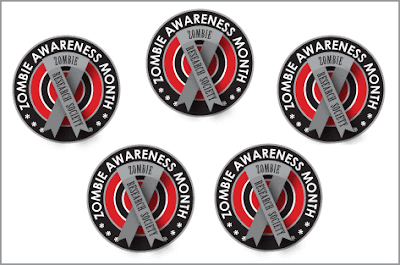6th Week of Easter (W)
Fr. Philip Neri Powell, OP
What is the truth that Jesus believes the disciples cannot bear? What is the “much more” he has to tell them? The intrigue of knowing that there is a secret to tell but not knowing what that secret is might tempt us into wild speculation. Is there a body of occult Christian knowledge to be learned? Arcane symbols, rituals, books of secreted lore? We might even go so far as to guess that the gospel writers left out the Good Stuff so that the herd of gullible believers wouldn't contaminate the True Teachings of Christ. Do all those non-canonical gospels—the Gospel of Peter, the Gospel of Thomas, the Gospel of Mary—do they reveal the “much more” that Jesus thought the disciples couldn't bear? No, they don't. There is no secret knowledge, no truths hidden in coded messages, no decoder rings, or elaborate handshakes. There is the truth that Christ himself reveals. No more, no less. Christ himself is the Truth. Following after him, getting behind the Truth, is at once freeing and binding; Christ cuts our bonds, binding us to his truth.
Jesus tells his disciples that there is much more he needs to tell them, but what he has left unsaid is too much for them to bear. At that moment the disciples must have been deeply, thoroughly scared to death. Consider what he has already told them. He has told them that he will be tortured and that he will die—horribly—and they will be left to carry on his preaching. He has told them that because they will go on to preach his good news that they too will be tortured and that they will die, also, horribly. If Jesus believes that his students can bear up under this bit of dark prophecy, what could he possibly have left to tell them that is too much for them to bear?! We can imagine that their worst fears, their most dread nightmares are rising to the surface. . .
They will have to wait to hear what waits for them. Just a little while more, wait. Jesus tells them, “. . .when he comes, the Spirit of truth, he will guide you to all truth.” All that he has taught them to this point has been true. But he has not taught them all the truth. The truth he has not yet to teach them is not teachable, not transferable in a lesson or a parable; what he has left over is not sayable in words or done ritual, not unveiled in gesture or exposed by display. The whole truth, all the truths of Christ, must be lived and lived in the coming Spirit, revealed to the grief-burdened men and women of the Upper Room by the ferocious bonfire of the Holy Spirit's passing. In modern terms, we would say that the “much more” Christ has to tell us is intelligible only as direct experience; “much more” must be lived to be known. But “experience” is a sterile word; it hardly does justice to what it means to be freed by Christ and bound to him forever.
When the Spirit comes to speak to us all that he has heard from Christ, to declare all the things that are to come, to glorify his holy name and unstick our tongues to praise that Name, then we will know the “much more” that Jesus would not speak, all the truths that he knew our unprepared souls could not bear. How will we know? Because when the moment of revelation comes, we will not being reading about it, or hearing it described, or watching it unfold. We will be on fire, in the center of the conflagration, ourselves the fuel and air that feeds the flames of truth's unveiling. We won't have to ask, “Is this the 'much more' Jesus didn't tell us?” Why? Because we will be Much More, the living sparks who set the bonfires that burn through this world's darkness; the lights of Christ, bound to his light and freed to shine.
Follow HancAquam ------------>




